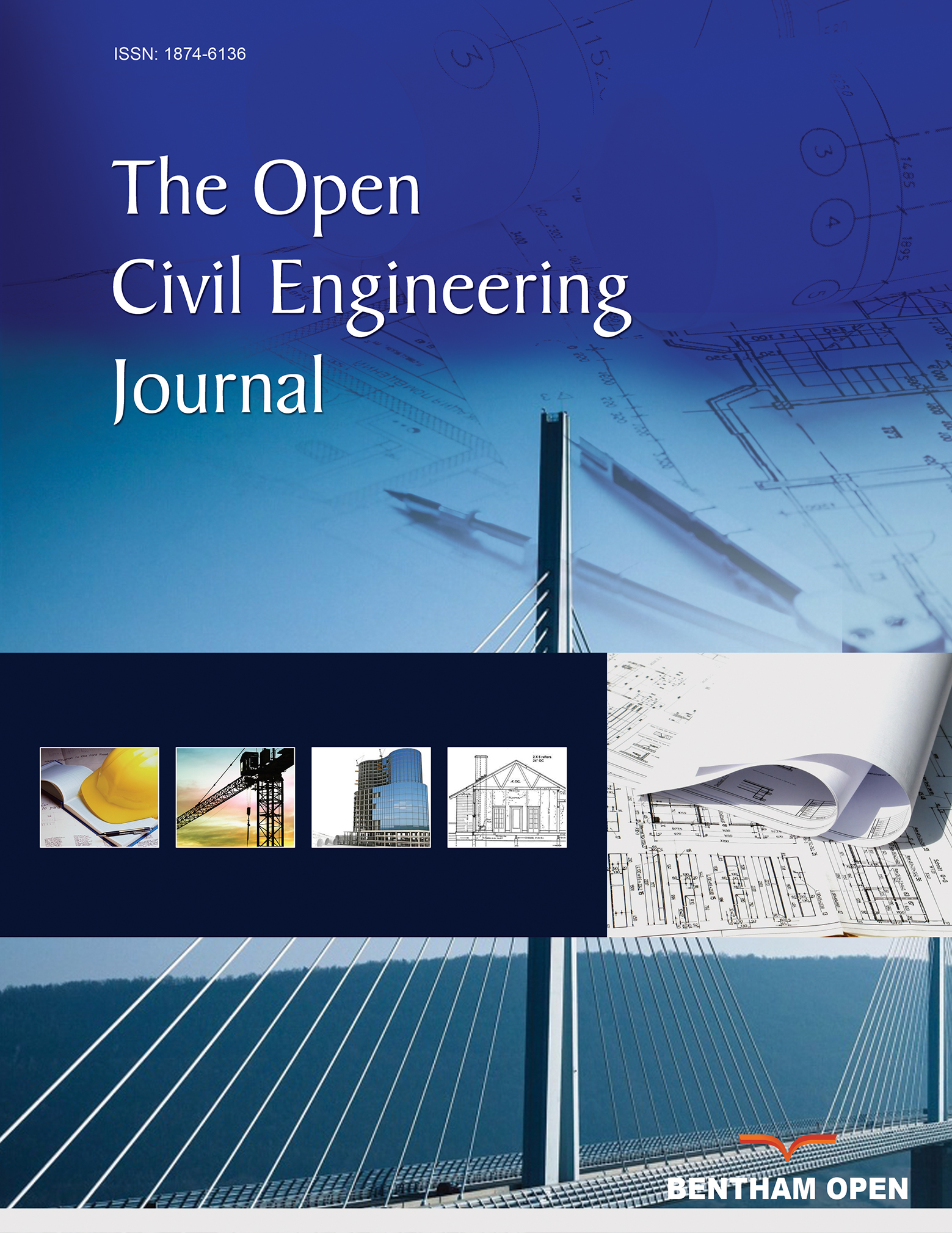All published articles of this journal are available on ScienceDirect.
Effect of Silica Fume on the Performances of Self-compacting Repair Mortar
Abstract
Background
Concrete is a widely utilized material in construction worldwide. However, concrete performance could be damaged under aggressive environments, therefore, many concrete structures may require repair and frequent maintenance.
Objective
The aim of this study is to develop reinforced Self-Consolidating Repair Mortars (SCRMs) incorporating silica fume and polypropylene fibers.
Methods
This research aimed to study the effect of silica fume as an alternative supplementary cementitious material (SCM) on the performance of fiber reinforced self-consolidating repair mortars (SCRMs). For this purpose, five SCRMs mixes incorporating 0%, 5%, 10%, 15%, and 20% of silica fume as partial cement replacement were prepared. Testing included slump flow, flow time, and unit weight, air-dry unit weight, compressive and flexural strengths, dynamic modulus of elasticity and water absorption.
Results
The results indicated that the substitution of cement by 15% of silica fume improves the flexural strength and slightly reduce the compressive strength of the fiber-reinforced repair mortar. The lowest values of total shrinkage, water capillary absorption, and sorptivity were observed for repair mortars containing 10% silica fume. In addition, bonding results between repair mortars containing silica fume and old concrete substrate investigated by the bond flexural strength test showed good interlocking, justifying the effectiveness of these produced mortars.
Conclusion
The results reveal that structural repair mortars containing 10 and 15% silica fume conform to the performance requirements of class R4 materials (European Standard EN 1504-3) and could be used in repair applications.


